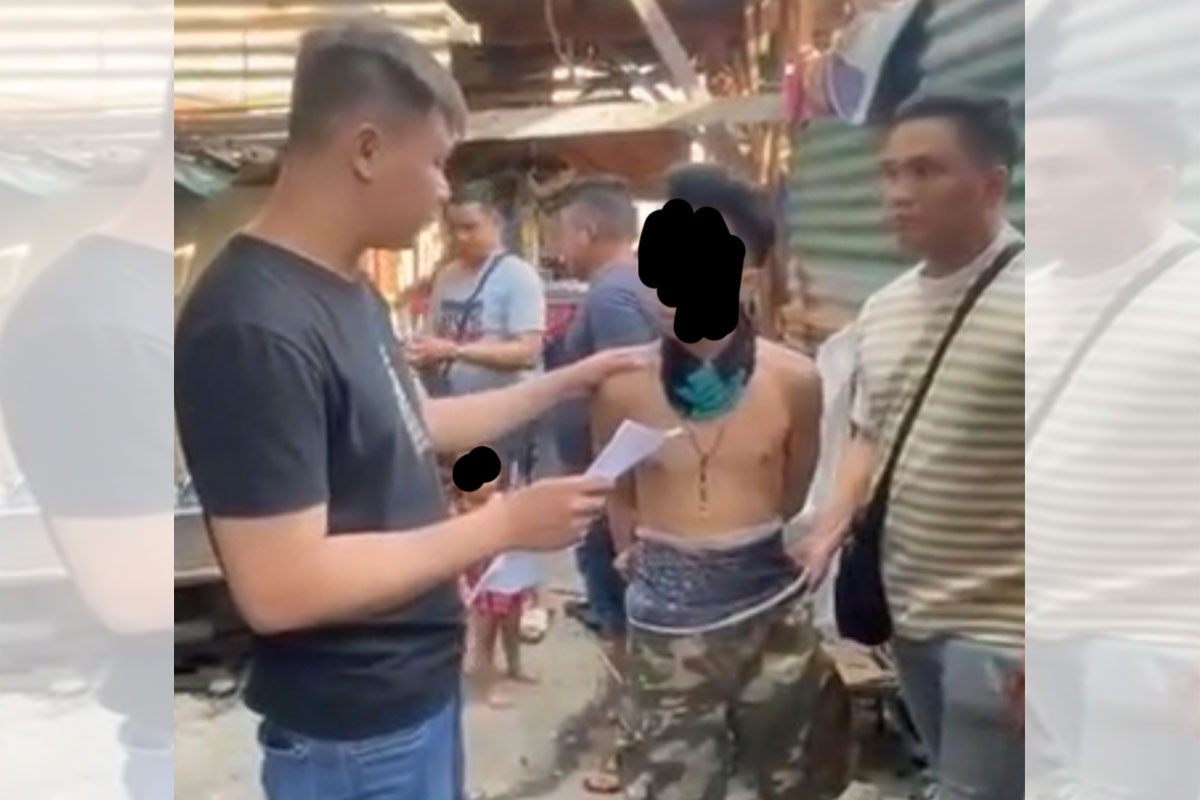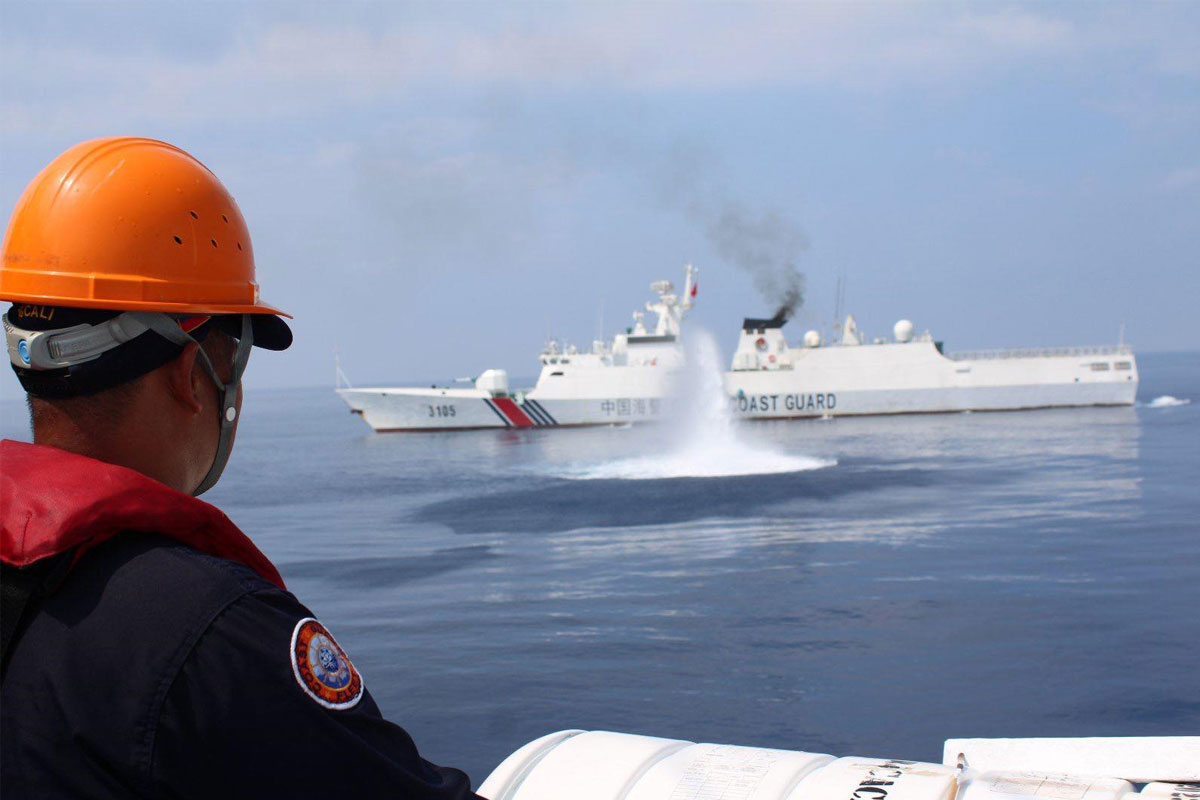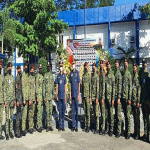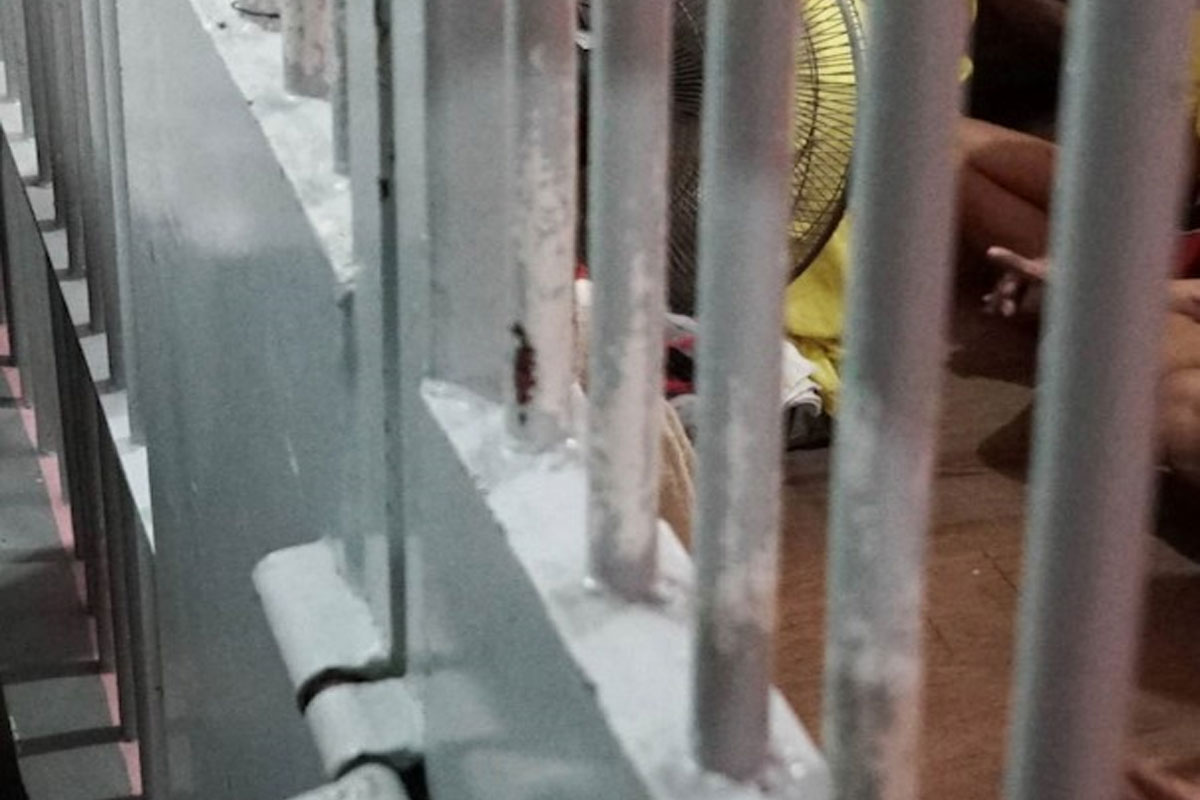
Prov’l bus operators: Allow us to use our terminals
PROVINCIAL bus operators have asked the Inter-Agency Task Force for the Management of Emerging and Infectious Diseases (IATF) to rescind its earlier resolution requiring bus firms to use the three designated central terminals in their operations to the provinces.
In a letter dated Dec. 7, 2021 but made available to media, Atty. Vincent Rondaris, president of the Nagkakaisang Samahan ng mga Nangangasiwa ng Panlalawigang Bus ng Pilipinas, urged the IATF to allow bus operators to use their private terminals in Metro Manila instead of the designated centralized terminals.
On Feb. 26, 2021, the IATF issued Resolution 101, requiring provincial buses to load and unload passengers on designated integrated terminals, notably the Sta. Rosa Integrated Terminal (SRIT) in Sta. Rosa, Laguna, and the Paranaque Integrated Terminal Exchange (PITX) in Paranaque City for provincial buses plying the southern and southwestern routes, and the North Luzon Exchange Terminal (NLET) in Bocaue, Bulacan.
The IATF resolution stated that buses based in Metro Manila but bound for the provinces are required to use the integrated terminals to serve as its central hub for public transport and prohibited to use their private terminals.
Rondaris claimed the forcible use of the integrated terminals has spawned what he described as “pernicious consequences” or more harm.
First, the resolution has triggered the use of vehicles with no franchise like private vans and cars, or the so-called “colorum” vehicles – which “do not follow loading capacity, charge unconscionable fares, and fail to comply with minimum health standards,” Rondaris said.
“In effect, colorum vans become unmonitored superspreaders of the virus,” Rondaris said.
Moreover, their use as central hubs of provincial buses has “created an unfair situation” for passengers en route to northern provinces because unlike the PITX, which is in Paranaque City, the NLET is located in Bocaue, Bulacan, which is 30 kms from Metro Manila, resulting in inconvenience for passengers, who have to go first to Bocaue and get a tricycle ride.
“Connectivity for provincial passengers to come into Metro Manila because the NLET is virtually not operational. Furthermore, based on our surveys, passengers prefer the starting and endpoint to be within Metro Manila. Consequently, they vehemently object to the NLET as it adds to their cost of travel and inconvenience of transferring cargo,” Rondaris said.
“Some provincial bus operators have already disregarded your Resolution and have loaded and unloaded their passengers in their private terminals here in Metro Manila. Under LTFRB regulations, these are considered out-of-line operations or colorum and subject to a hefty fine of P1,000,000 with possible suspension or revocation of the franchise,” Rondaris said.
Rondaris urged the IATF to enforce its resolution, saying: “In the midst of the pandemic, discipline and compliance are paramount. We need to be more serious in implementing and enforcing protective measures.”
He argued that the operations of bus firms have remained suspended for almost two years, yet they have to pay their taxes, fees for the renewal of their business registrations and permits, insurance premiums, and workers’ compensation.
“We are imploring the IATF to modify the Resolution and allow our buses to bypass the NLET and other unconnected ITXs and proceed to private terminals here in Metro Manila,” Rondaris said.






















